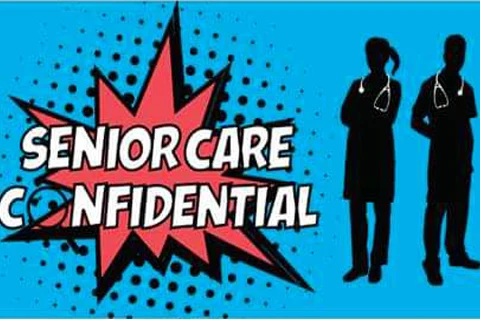
The essential components of balance: the vestibular system, vision, and proprioception.
1. The Vestibular System: Inner Ear’s GPS Located in the inner ear, the vestibular system senses head
movements and position changes.
Disruptions, like inner ear infections or vertigo, can cause dizziness and balance issues.
2. Vision: Provides critical feedback to the brain about your surroundings and position.
Visual Input: Helps navigate and avoid obstacles, maintaining stability.
Eye Movements: The vestibulo-ocular reflex (VOR) stabilizes your gaze by moving your eyes opposite to head movements.
Impaired vision affects balance, making stability harder in low light or with eyes closed.
3. Proprioception: Internal Sense Proprioception is your body’s ability to sense its position and movement through receptors in muscles, joints, and skin.
Muscle and Joint Feedback: Provides information about limb position and movement, crucial for coordination.
Tactile Feedback: Pressure under your feet helps adjust posture and movements.
This sense allows complex movements without conscious effort. Issues like numbness or joint problems can impair
balance.
Understanding and maintaining these components can significantly improve your balance and quality of life.
Check out our weekly podcast hosted by Brian Harmon, PT, MBA and Jo Alch, RN with Joy Care Management.

Nexus Home Healthcare developed a proactive clinical approach proven to:
Reduce hospitalizations
Improve senior health and quality of life
Reduce medical costs to families and insurance
Contact us to inquire about our results and/or how our approach helps meet the needs of your patients and families.
Nexushomehealthcare.com
Learn about special announcements, news and more!
